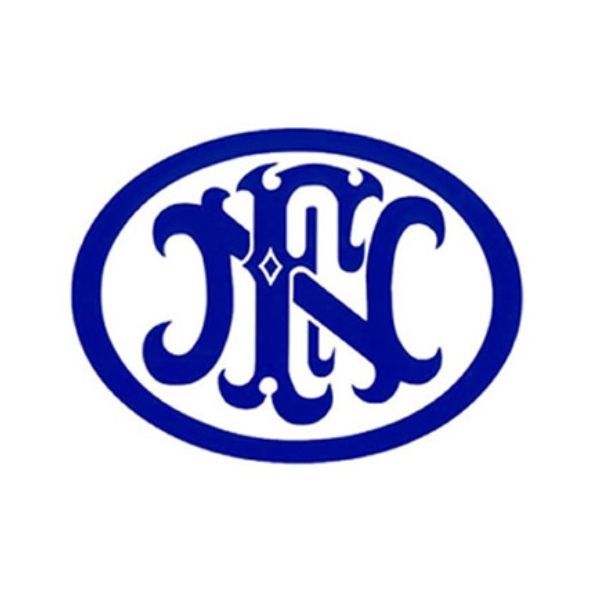FN
FN Motorcycles, an integral part of Fabrique Nationale de Herstal, played a significant role in shaping the motorcycle industry. With a history spanning from 1901 to 1967, FN was not only a trendsetter but also a symbol of Belgian craftsmanship. The company's reputation for innovation and performance remains a golden chapter in the annals of motorcycling.

In its early years, FN was a groundbreaker in motorcycle engineering. Introducing the world's first four-cylinder motorcycles and innovating with shaft drive technology from 1903 to 1923 set FN apart from its contemporaries. The single-cylinder bikes they produced in the early 1900s became templates for subsequent innovations, such as the multiple-ratio belt drive system introduced in 1907.
The creation of the 362 cc shaft-drive in-line four-cylinder motorcycle in 1905 marked a revolutionary moment in motorcycle manufacturing. The evolution of the Four engine, including the introduction of the FN "Type 700" 748 cc Four, showcased the company's commitment to perfection and performance.
The post-World War I era saw FN motorcycles rebounding with resilience. Models like the FN M70 "Sahara" and FN M86 demonstrated the brand's continued prowess. A shift to chain drive and the release of innovative models, including the Villiers-powered bikes and military machines like M.12, underscored FN's adaptability and ingenuity.
FN's post-World War II lineup was rich with variety and technological advancements. New unit construction engines, the Tri-car T-8, and innovative suspension systems displayed the company's forward-thinking approach. Models like the M.XIII with its varied configurations ensured FN's continued prominence.
FN's foray into motocross and long-distance racing created a lasting impact. Though they withdrew from competition by the end of the 1950s, the success of riders such as Mingels, Leloup, and R Beaten, along with famous pre-war racers like René Milhoux and Wal Handley, remain an indelible part of FN's rich history.
The introduction of FN mopeds in 1955 marked a new chapter in the brand's journey. Models like the "Rocket" and the Luxe reflected FN's ability to adapt to changing consumer needs and technological trends.
The cessation of FN's motorcycle production in 1967 marked the end of a remarkable era in motorcycling history. FN's ability to innovate, inspire, and achieve success on both the racetrack and the open road etched its name in motorcycle lore. The legacy of FN Motorcycles continues to inspire and will forever remain an important part of the heritage of motorcycling excellence.
Additional FN Logos
Author: William Flaiz





